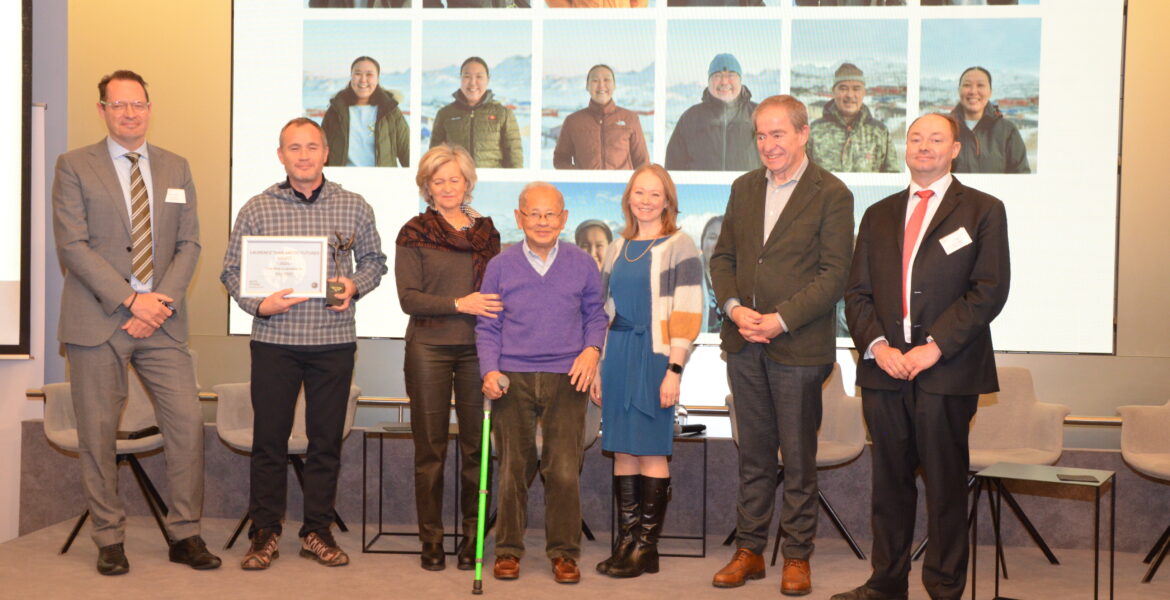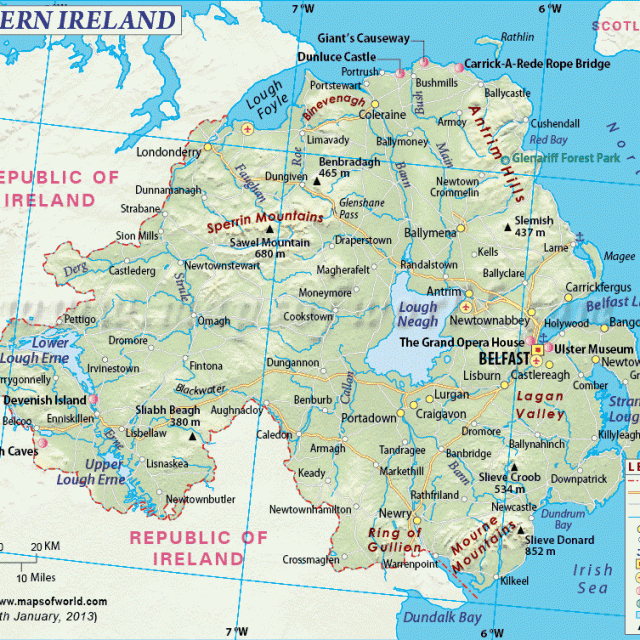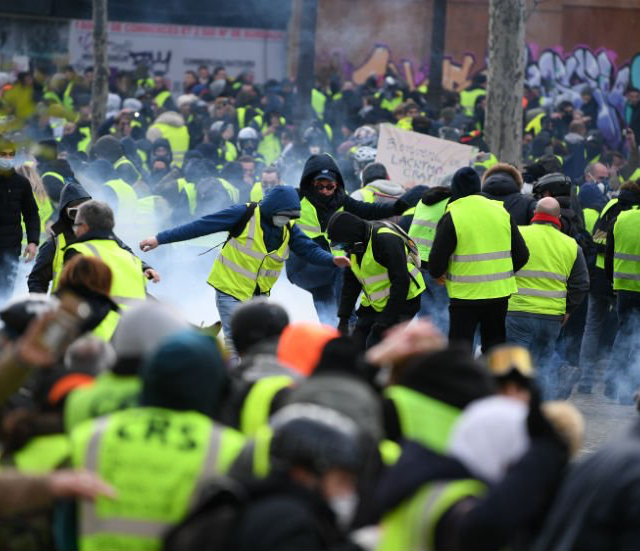Siu-Tsiu, a non-profit social enterprise based in Greenland, has won the Laurence Trân Arctic Futures Award.
This provides €7,500 of financial assistance to a fledgling start up or young entrepreneurs based in the Arctic. This year’s winner was chosen by an international jury of experts on startups, innovation and entrepreneurship from various parts of the Arctic.
The 2024 winner employs and upskills marginalised young people to help them find work, pursue further education and, say the judges, gives them a sense of community and give them a sense of purpose in life.
Siu-Tsiu was chosen as the winner among eight candidate start ups from across the Arctic that submitted applications.
“We’re proud that this award will make a difference to a very deserving organisation that is doing so much to help young people in the Arctic upskill and improve their employment prospects,” said Alain Hubert, President and Founder of the International Polar Foundation while on mission to Antarctica leading the 2024-25 Belgian Antarctic Research Expedition.
“The work they do is important for the cohesion and well-being of Arctic communities.”
The award ceremony at the Arctic Futures Symposium in Brussels was attended by IPF Managing Director Nicolas Van Hoecke, IPF Board Member Piet Steel, Mr and Mrs Trân, and Patti Bruns, the Secretary-General of the Arctic Mayor’s forum which participated in the international jury of experts that chose the winner.
Pilo Samuelsen, Chief Operating Officer for SiuTsiu in Nuuk in Greenland, travelled to Brussels to accept the award on behalf of the social enterprise.
He delivered very heartfelt thanks at the award ceremony, adding, “We feel incredibly grateful and honoured to receive this award. It is difficult to describe the impact and meaning for everyone involved in our business.”
“First of all, this award highlights the importance of developing communities. With this award we feel that attention on socioeconomic enterprises in the Arctic and particularly in Greenland has been raised on a larger scale.”
“Second, this award presents us with the opportunity to showcase how a relatively simple model can bring about change for young people that need it the most. With this award we feel a bigger and deeper recognition and validation of our efforts.”
“Third, this award will boost our motivation to continue our project. We feel ambition growing in us and we feel more determined to come closer to our vision of a society that gives everyone the possibility to contribute and participate in developing our small communities. Socioeconomic business has proven to be a meaningful and effective approach in marginalised communities in Greenland.”
Secretary General of the Arctic Mayors forum, Patti Bruns, gave the reasons behind the jury’s choice at the ceremony.
“Siu-Tsiu exemplifies the transformative power of community-driven innovation in the Arctic. By empowering marginalised youth and fostering a sense of purpose and belonging, they are building a brighter future for Greenland and setting a model for the entire region. The Laurence Trân Arctic Futures Award celebrates their remarkable achievements and the hope they will inspire for generations to come.”
Executive Director of the Arctic Economic council Mads Qvist Frederiksen, who was not able to be at the ceremony but took part in the jury, expanded on the reasons for the jury’s choice:
“Siu-Tsiu is a deserving winner of this year’s Laurence Trân Award because of their ability to make a difference for young people in remote communities in Greenland. In the Arctic Economic Council we want thriving Arctic communities and Siu-Tisu helps to motivate people to make a difference locally. They tailor their solutions to the local context and have in recent years managed to scale up their solution.”
Patti Bruns also spoke about two other initiatives in the region, one being Air Vitalize from Alaska, which has invented solar-powered air filters that can be easily deployed in cities to improve air quality.
The other is Sula Care, a startup founded by a Saami healthcare worker that invented a way to simplify the catheterisation process for women, leading to significant improvements in healthcare in remote Arctic communities.




